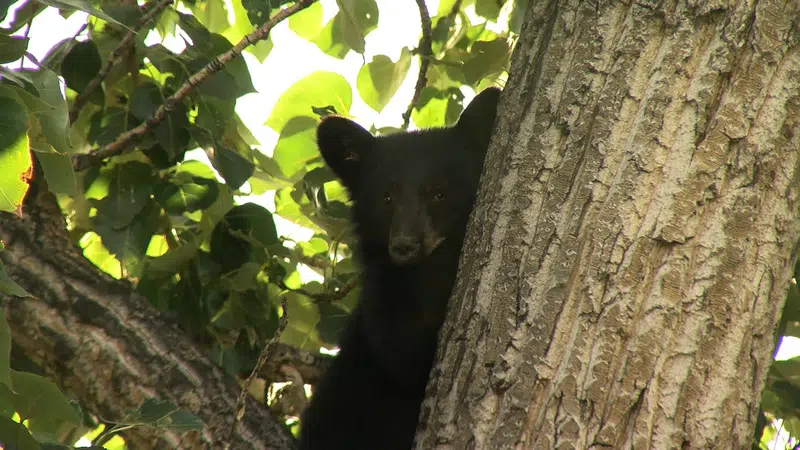
No calls for bears in Kamloops, but they’re out of hibernation and looking for food: B.C. Conservation
KAMLOOPS — The hills around Kamloops are barren with no visible signs of bears, but that doesn’t mean they’re not out. The spring weather appears to be here to stay and experts are appealing to people to become more bear aware.
WildSafe BC says with all the attention on COVID-19, the potential presence of bears and other wildlife in neighbourhoods is not top-of-mind.
“There are a lot more people at home right now and there might be some additional waste because there was a lot of people purchasing a lot of food,” said provincial coordinator for WildSafe BC Vanessa Isnardy.


